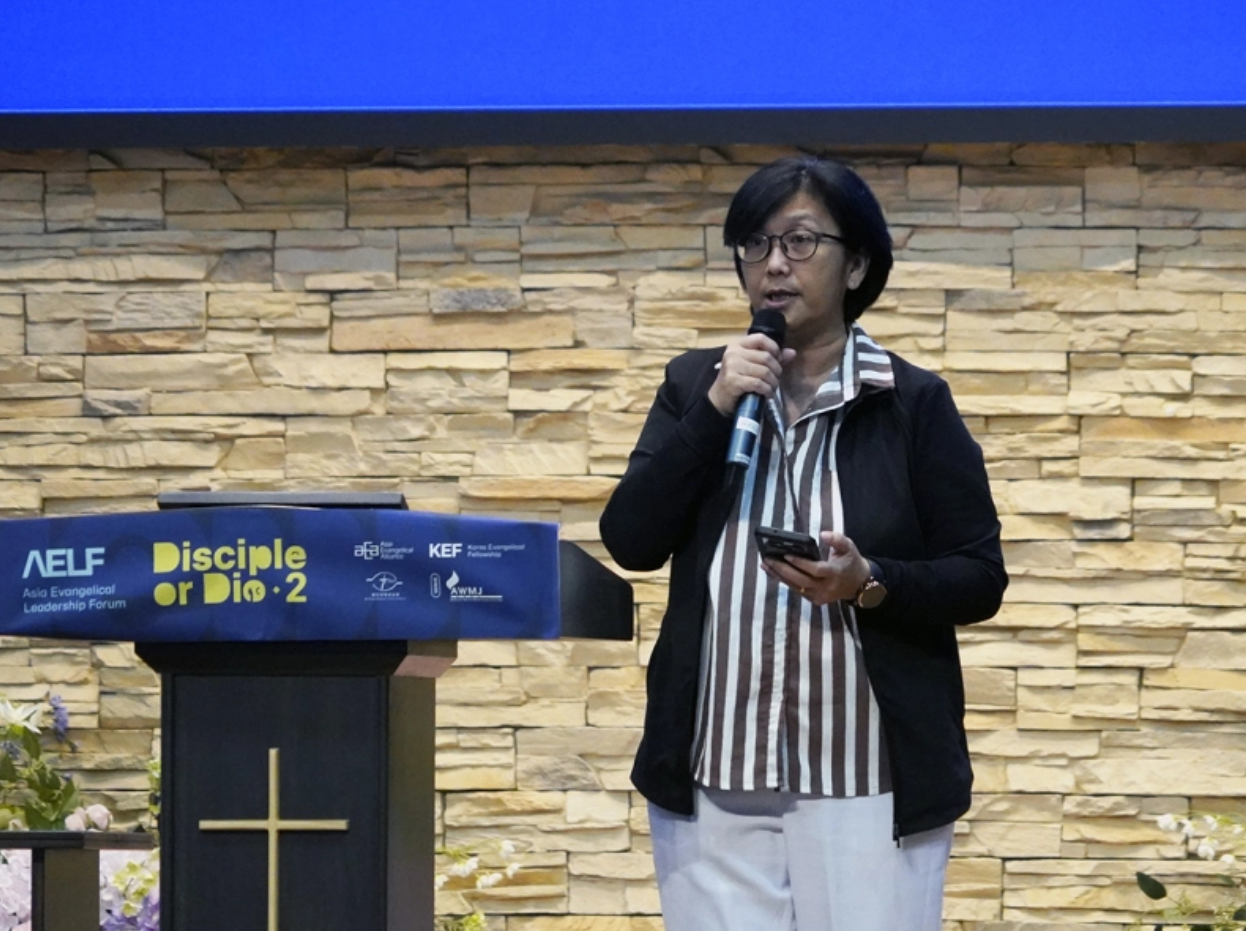Christian campaigners are welcoming the return of the Online Safety Bill to Parliament next month but say that changes must be made to free speech clauses if it is to win broad support from MPs.
The legislation proposes introducing age verification to online pornography sites to protect children and the vulnerable.
However, the legislation has stalled because it also proposes tougher regulation of harmful speech especially on social media, giving rise to concerns about the impact on freedom of expression.
Commons leader Penny Mordaunt confirmed on Thursday that the Bill will be brought forward again in December.
While Christian charity CARE shares the concerns around free speech, it believes that reform is urgently needed to curb the “disturbing online content” that is “devastating mental health” and leading to suicides”.
It believes that a slimmed down Bill without the controversial free speech provisions has a greater chance of passing.
“The major area of contention with the bill has always been the regulation of speech,” said Tim Cairns, an internet safety expert at CARE.
“The government’s plans require that speech, even speech which breaks no laws, should be regulated if it is deemed to be harmful.
“These sweeping provisions would give unprecedented power over public discourse to the owners and operators of large social media platforms. That’s hardly befitting of a democratic society.
“What is and is not deemed to be permissible speech in the UK is not a matter for Silicon Valley. And concerns about companies curbing ‘harmful speech’ is potentially going to kill the Bill – to the detriment of vulnerable groups who stand to be protected.
“Millions of children could lose vital protection online, and victims of sexual exploitation and abuse would also be let down.”
CARE has been campaigning for years for greater protection of children from pornography. It is calling for “pragmatism” to move the Bill forward by dealing with harmful speech in separate legislation.
“Having removed the speech elements of the Bill, the Government should then set out to define what pornography is. Whilst the Bill proposes that children are protected through age verification, the Bill fails to set out what exactly children are to be protected from and what content requires age verification. This approach is out of step with other legislation,” said Mr Cairns.
“Offline pornography and what can be shown by video-on-demand services, such as Netflix, is already defined in law. A similar definition could be incorporated into the Bill to ensure that offline and online pornography is held to the same standard.
“This is only right – children and others who are protected from specific content offline and on television should be safeguarded elsewhere too.”
He went on to say that regulation of pornography should not only be focused on children, but extend to adults too.
“Clear evidence, as highlighted in awful cases like that of Sarah Everard, confirms that adults viewing pornographic content is a contributing factor in increased violence against women and girls. Such content is freely available on the internet, despite being outlawed elsewhere,” Mr Cairns said.
He continued, “Fixing the Bill need not be difficult, but it needs to be done quickly. Parliament stands at a watershed moment. If the Bill falls, generations to come will look back and wonder why we allowed children free access to the most extreme pornographic content imaginable.
“This isn’t about prudishness as some claim. It’s about protecting vulnerable human beings from something that hurts them.
“Failing to act is not an option, the Government needs to regulate pornography and move the Bill through Parliament fast. We stand ready to assist them in this endeavour, as do others.”
Originally published on The Christian Today
(c) The Christian Today, used with permission




